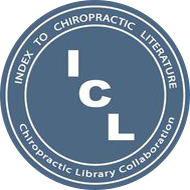| BACKGROUND: Active scars are a model of soft tissue lesions. Soft tissues surround the locomotor system everywhere. These tissues shift and stretch in harmony with joints and muscles. Active scars interfere with this type of movement, thus disturbing the function of the entire motor system. OBJECTIVE: The purpose of this article is to show the importance of such scars, their diagnosis, and the importance of manipulative therapy. METHODS: After discussing the diagnosis, 51 cases are presented, the majority being scars after operation. The patients suffered from various types of myofascial pain from all sections of the locomotor system. The type of operation and the clinical symptoms are given. The method of treatment is soft tissue manipulation, making use mainly of the barrier phenomenon. RESULTS: In 36 of the cases, treatment of scars proved highly relevant, giving striking results at first treatment and in the course of therapy. In 13 further cases, the scar was partly relevant, ie, one of several pathogenic lesions. It proved irrelevant in 3 cases. CONCLUSION: The treatment of active scars can be of importance in a great number of cases; untreated, active scars are an important cause of therapeutic failure. Treatment also widens the scope of manipulative therapy. Click on the above link for the PubMed record for this article; full text by subscription. This abstract is reproduced here with the permission of the publisher. |
